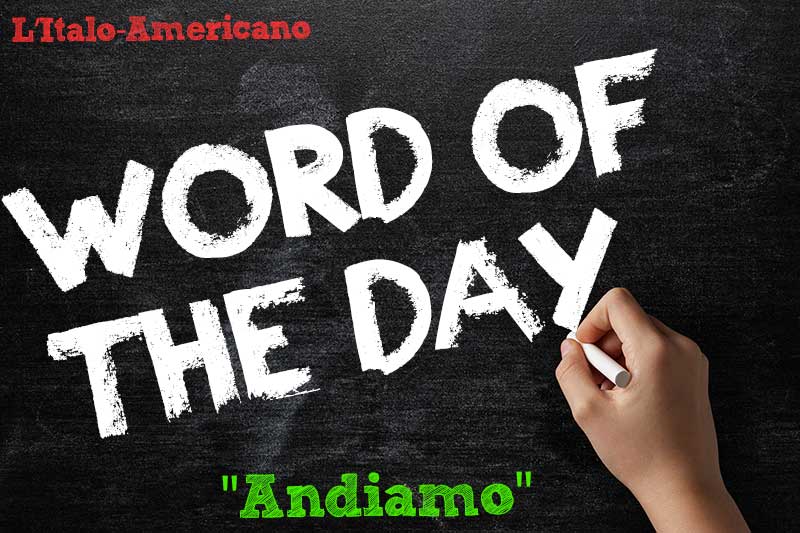Forza! Italy’s own way to show support and invite to hold on when things get difficult, is one little powerful word. And powerful is, indeed, the right term, as “forza” means strength in English.
From an etymological point of view, the word comes the Late Latin fortia (which is turn derives from the Classical Latin adjective fortis) and came into use in the second half of the 13th century.
It means strength, we said, but it can be used in a wide variety of situations. It is particularly popular when we want to encourage someone to chin up and go on, to show our closeness to them in a moment of difficulty or, quite simply, to support and incite. In this, Italy’s “forza” resembles quite closely the English expression “come on,” and it is used very much in the same way.
Yet, “forza” has something more, because it often comes accompanied: expressions such as forza e coraggio or farsi forza are ubiquitous and popular, regardless of the language register you may happen to use. While the first calls for gathering all your strength and courage to keep on going, the second (“create strength for yourself,” it means literally) is often uttered when something bad or tragic happens, a bit like the English expression “be strong” or “you must be strong.”
But in a country dominated by its love for soccer, the use of “forza” to show support for your favorite team is probably the most common and cheerful!

Quanto lavoro oggi. Forza e coraggio: sarà una lunga giornata!
There’s so much work to do. Let’s pull ourself together: it’s going to be a long day!

È una situazione molto difficile, ma devi farti forza e andare avanti.
It’s a difficult situation, but you’ve got to be strong and carry on.

Forza Ragazzi! Che partita fantastica!
Come on! What an amazing match!





























